Category: Science, Culture and History
-
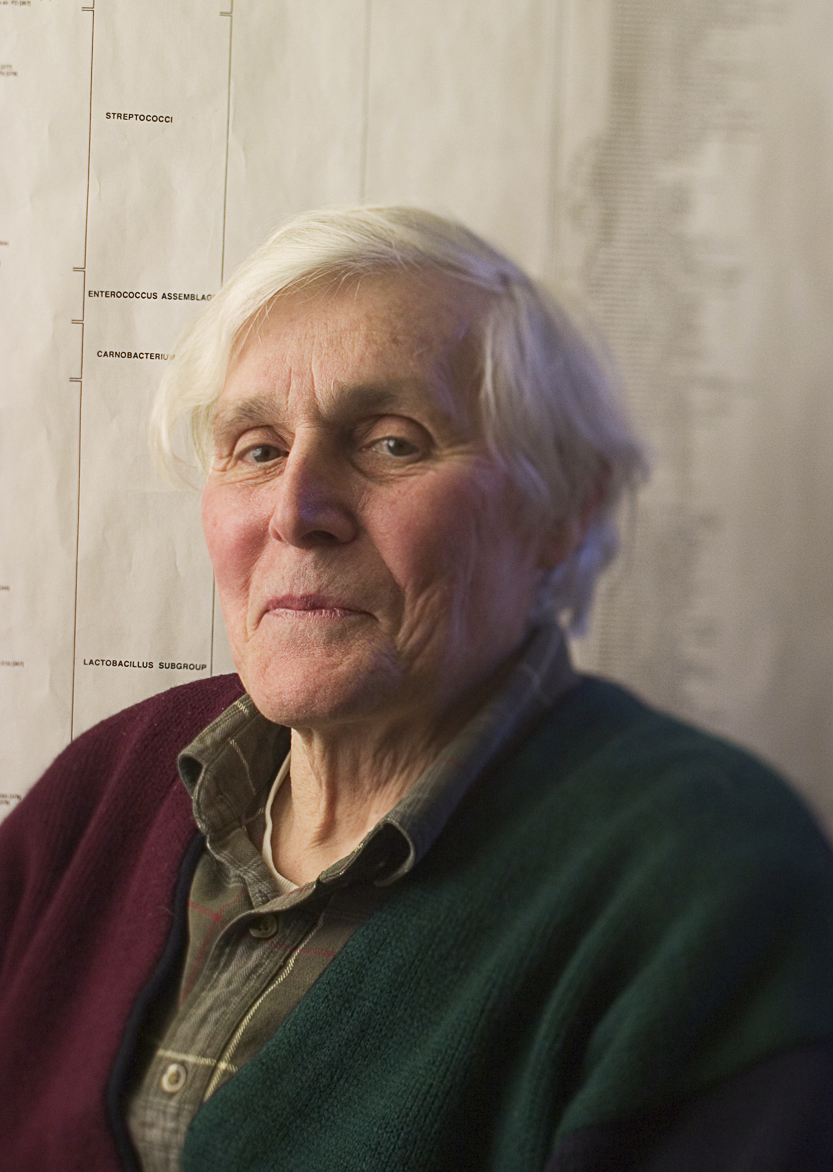
Carl Woese (1928-2012)
Carl Woese: The Revolutionary Scientist Who Redefined Life’s Domains Carl Richard Woese (1928-2012) was an American microbiologist whose pioneering work fundamentally altered our understanding of the tree of life and the classification of organisms. Born on July 15, 1928, in Syracuse, New York, Woese’s academic journey in the sciences began with a Bachelor’s degree in…
-
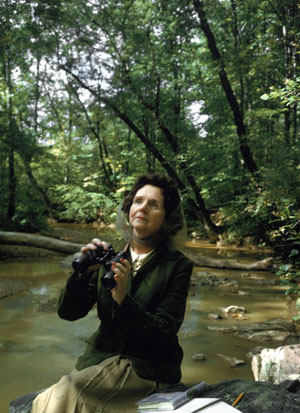
Rachel Carson (1907-1964)
Rachel Carson: The Pioneer of Environmental Awareness Rachel Louise Carson (1907-1964) was a marine biologist, author, and conservationist whose work played a pivotal role in the modern environmental movement. Born on May 27, 1907, in Springdale, Pennsylvania, Carson developed a deep love for nature during her childhood, inspired by the rural landscapes around her. This…
-
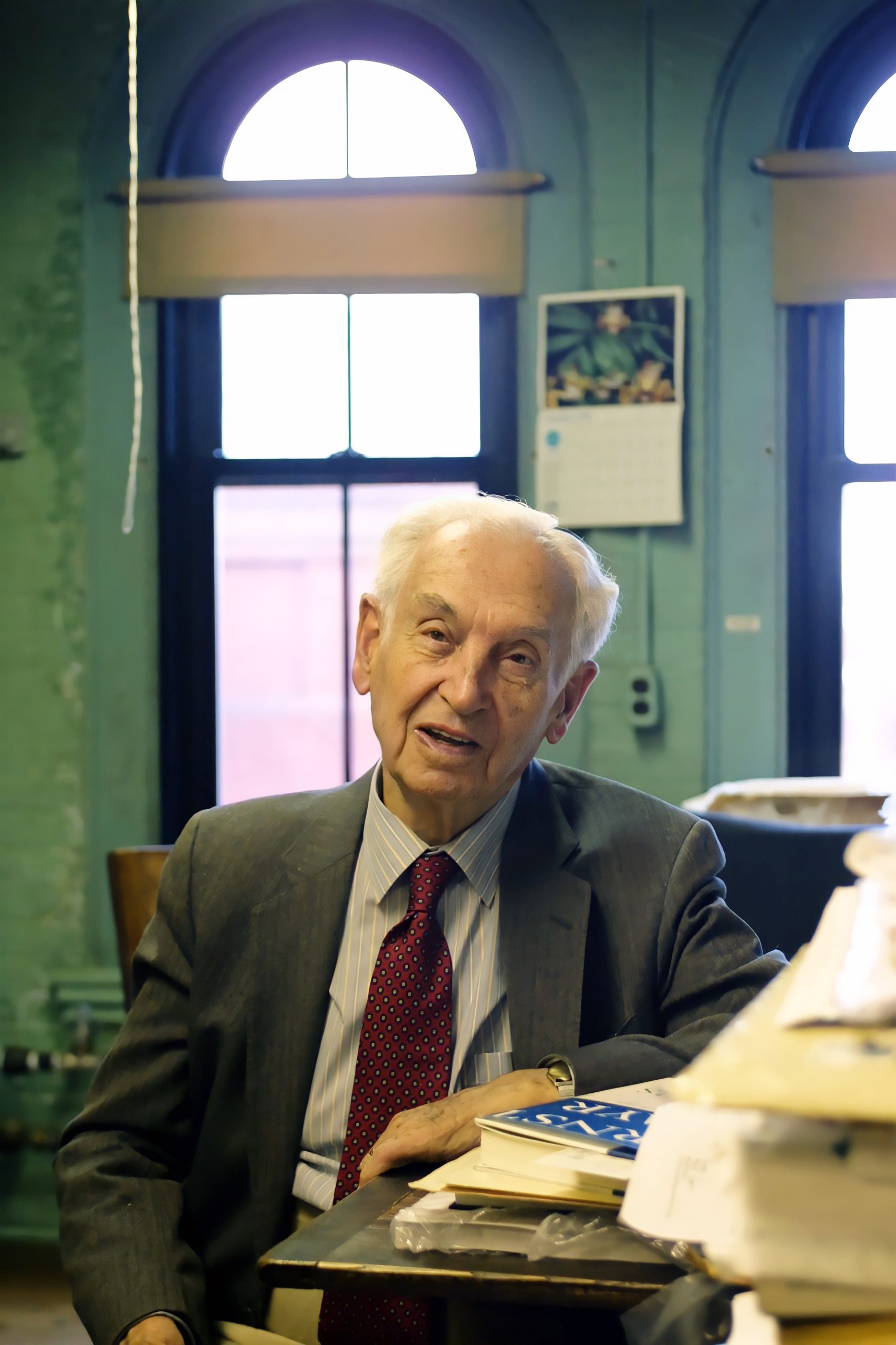
Ernst Mayr (1904-2005)
Ernst Mayr: The Architect of Modern Evolutionary Biology Ernst Walter Mayr (1904-2005) was a renowned evolutionary biologist, taxonomist, and historian of science whose contributions significantly shaped modern evolutionary theory. Born on July 5, 1904, in Kempten, Germany, Mayr’s early fascination with nature and birds steered him towards a career in zoology. His work bridged classical…
-
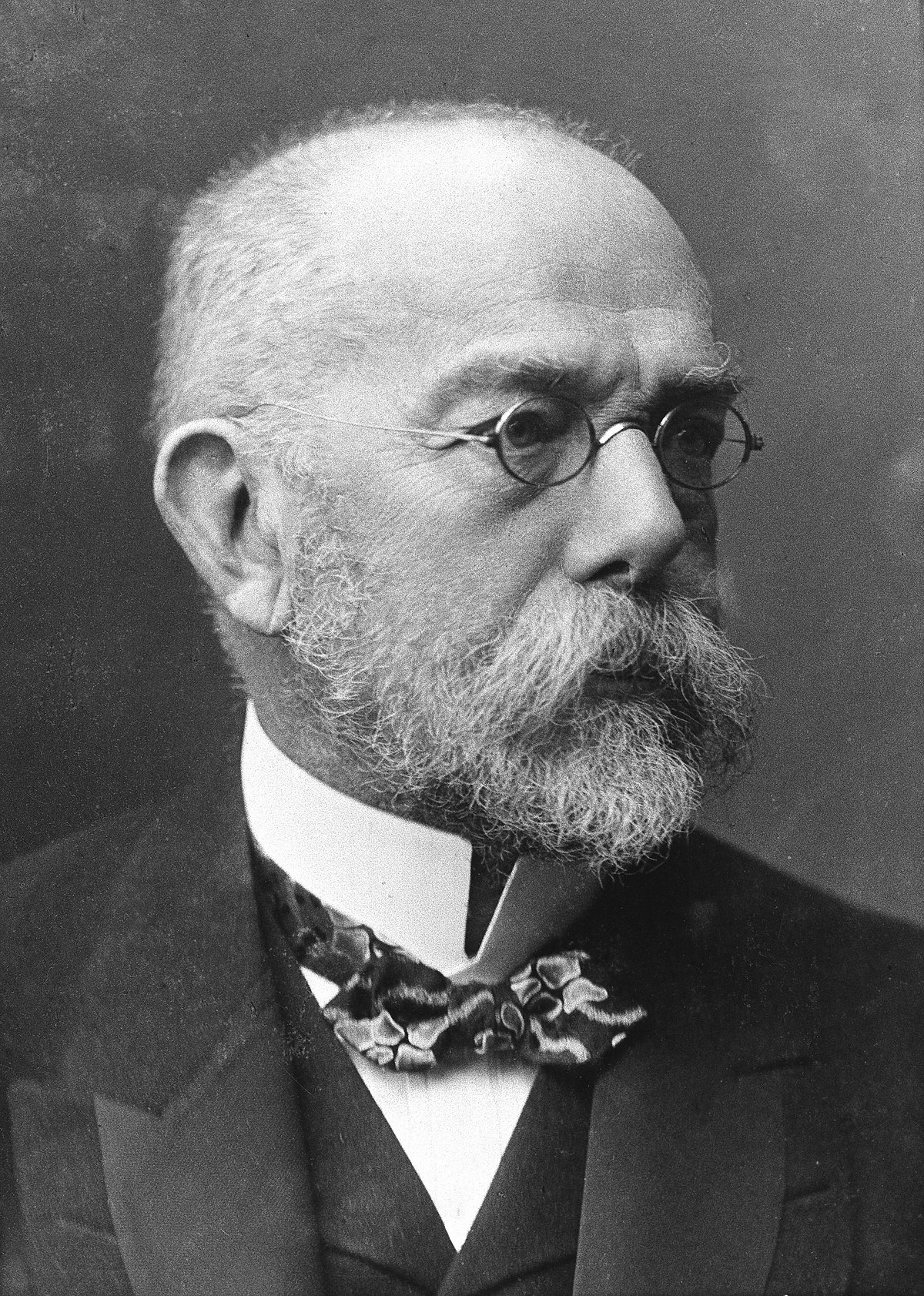
Robert Koch (1843-1910)
Robert Koch: The Father of Modern Bacteriology Robert Heinrich Hermann Koch (1843-1910) was a German physician and microbiologist whose discoveries laid the groundwork for modern bacteriology and infectious disease research. Born on December 11, 1843, in Clausthal, Germany, Koch showed an early interest in science and medicine, which led him to study medicine at the…
-
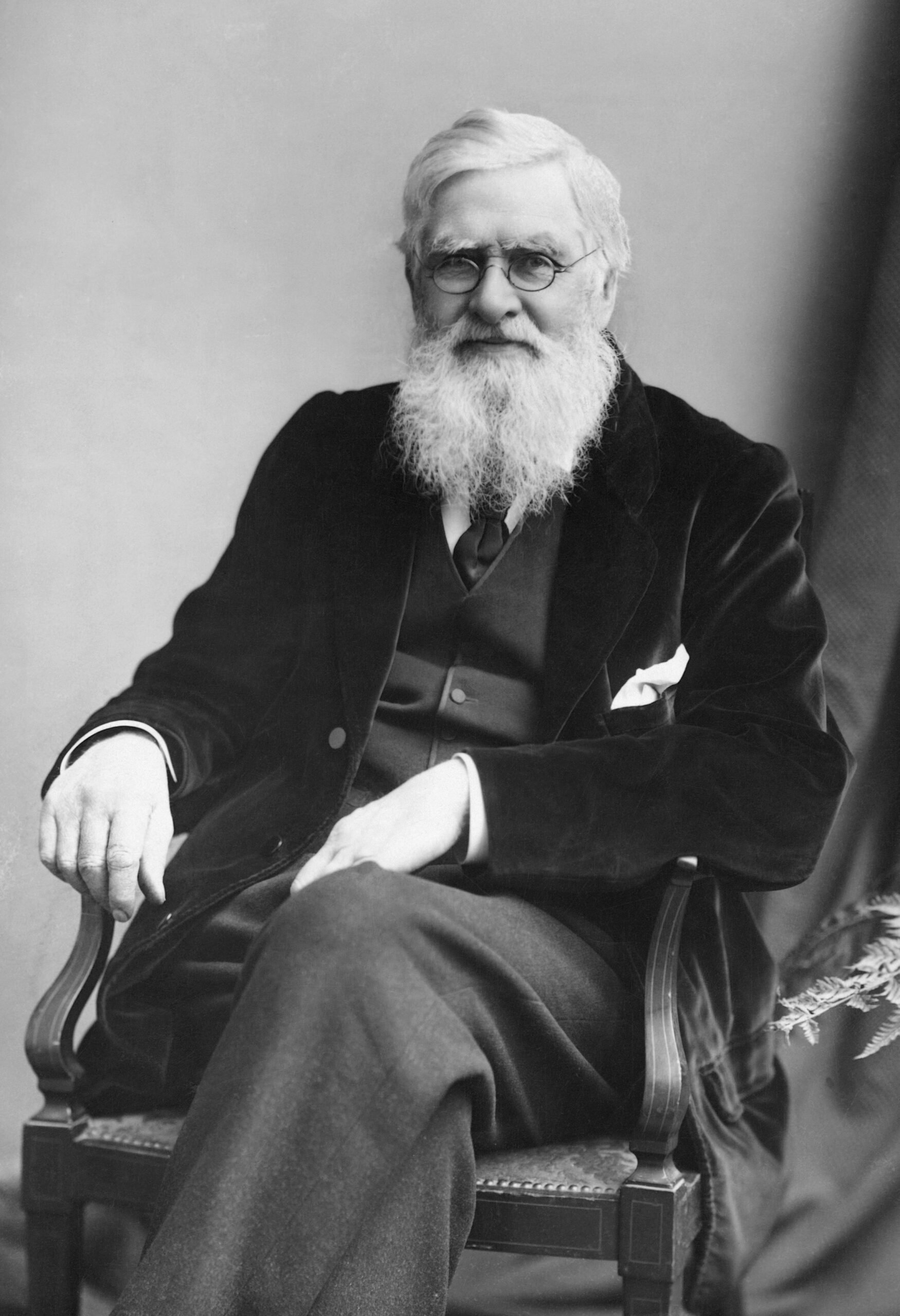
Alfred Russel Wallace (1823-1913)
Alfred Russel Wallace: Co-Discoverer of Natural Selection and Pioneer of Biogeography Alfred Russel Wallace (1823-1913) was a British naturalist, explorer, and biologist who made substantial contributions to the theory of evolution and the field of biogeography. Born on January 8, 1823, in Usk, Monmouthshire (now in Wales), Wallace grew up in a family of modest…
-
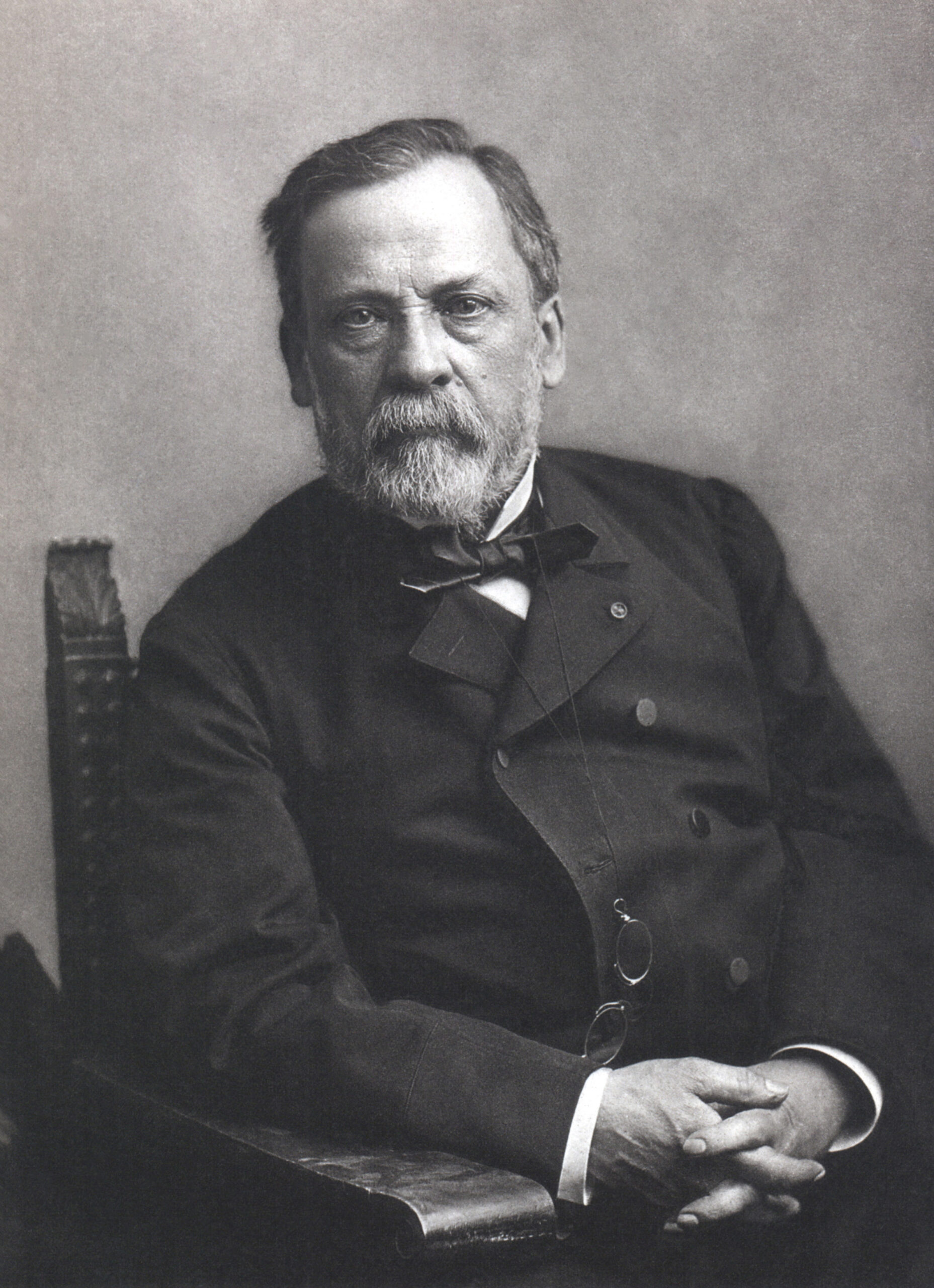
Louis Pasteur (1822-1895)
Louis Pasteur: The Pioneer of Microbiology and Immunology Louis Pasteur (1822-1895) was a French chemist and microbiologist whose groundbreaking work laid the foundations for modern microbiology, immunology, and public health. Born on December 27, 1822, in Dole, France, Pasteur was the son of a tanner. His early education in Arbois and Besançon revealed his academic…
-
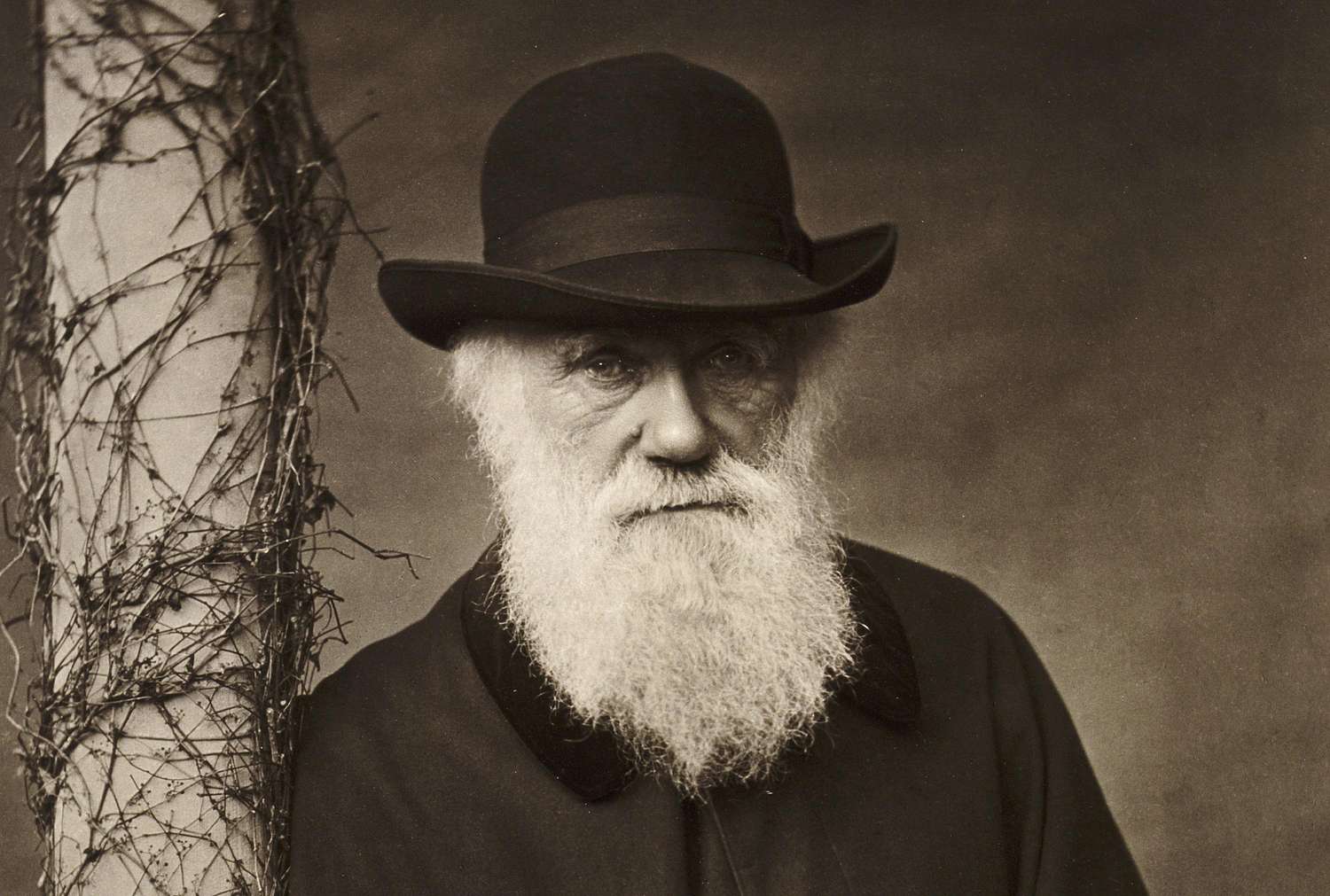
Charles Darwin (1809-1882)
Charles Darwin: The Architect of Evolutionary Theory Charles Robert Darwin (1809-1882) remains one of the most influential figures in the history of science, renowned for his revolutionary theory of evolution by natural selection. Born on February 12, 1809, in Shrewsbury, England, Darwin’s early life was marked by a keen interest in nature and a curiosity…
-
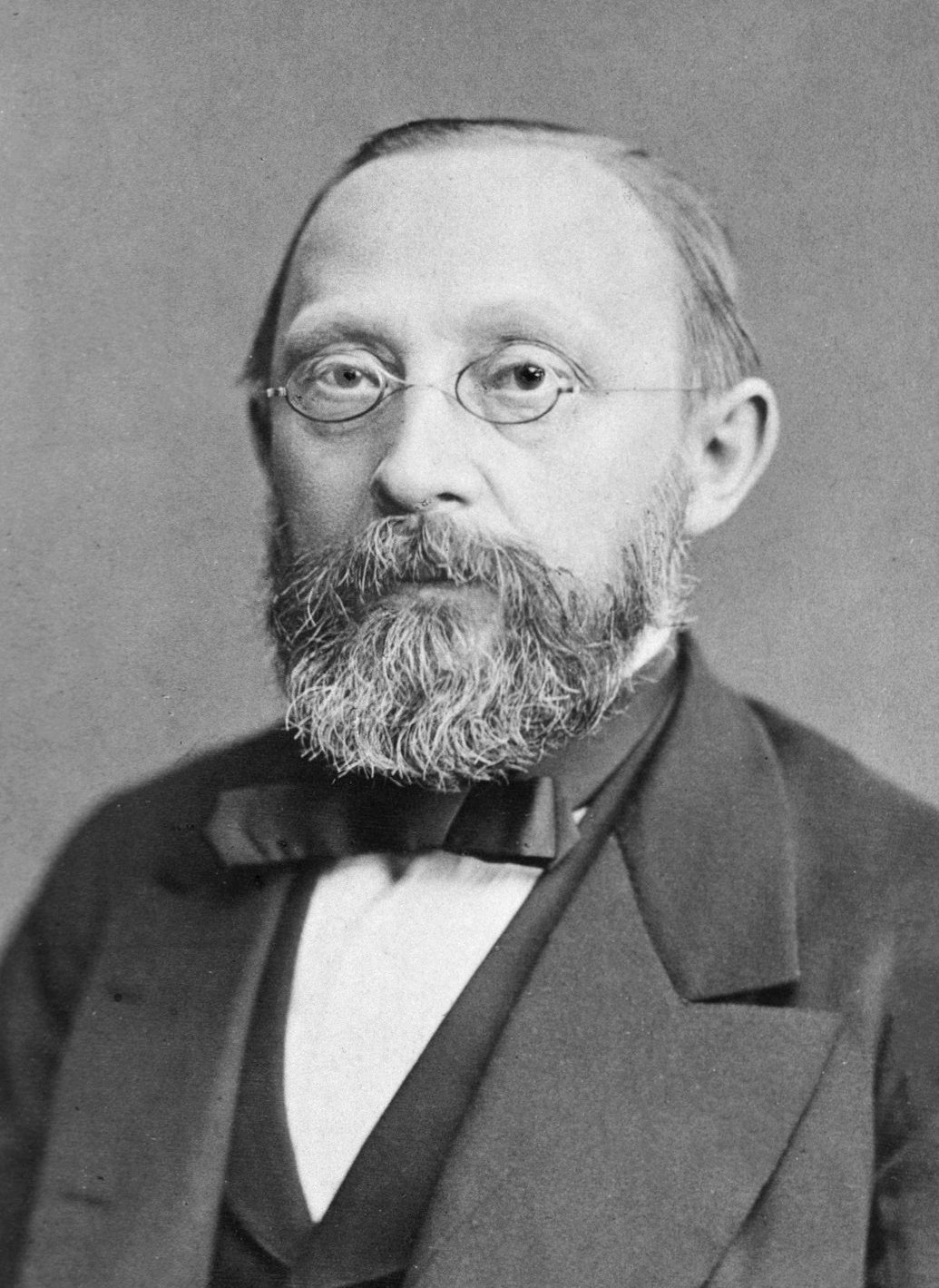
Rudolf Virchow (1821-1902)
Rudolf Virchow: The Father of Modern Pathology and Social Medicine Rudolf Ludwig Carl Virchow (1821-1902) was a pioneering German physician, pathologist, and anthropologist whose work fundamentally transformed medical science and public health. Born on October 13, 1821, in Schivelbein, Pomerania (now Świdwin, Poland), Virchow’s early education was marked by academic excellence, leading him to study…
-
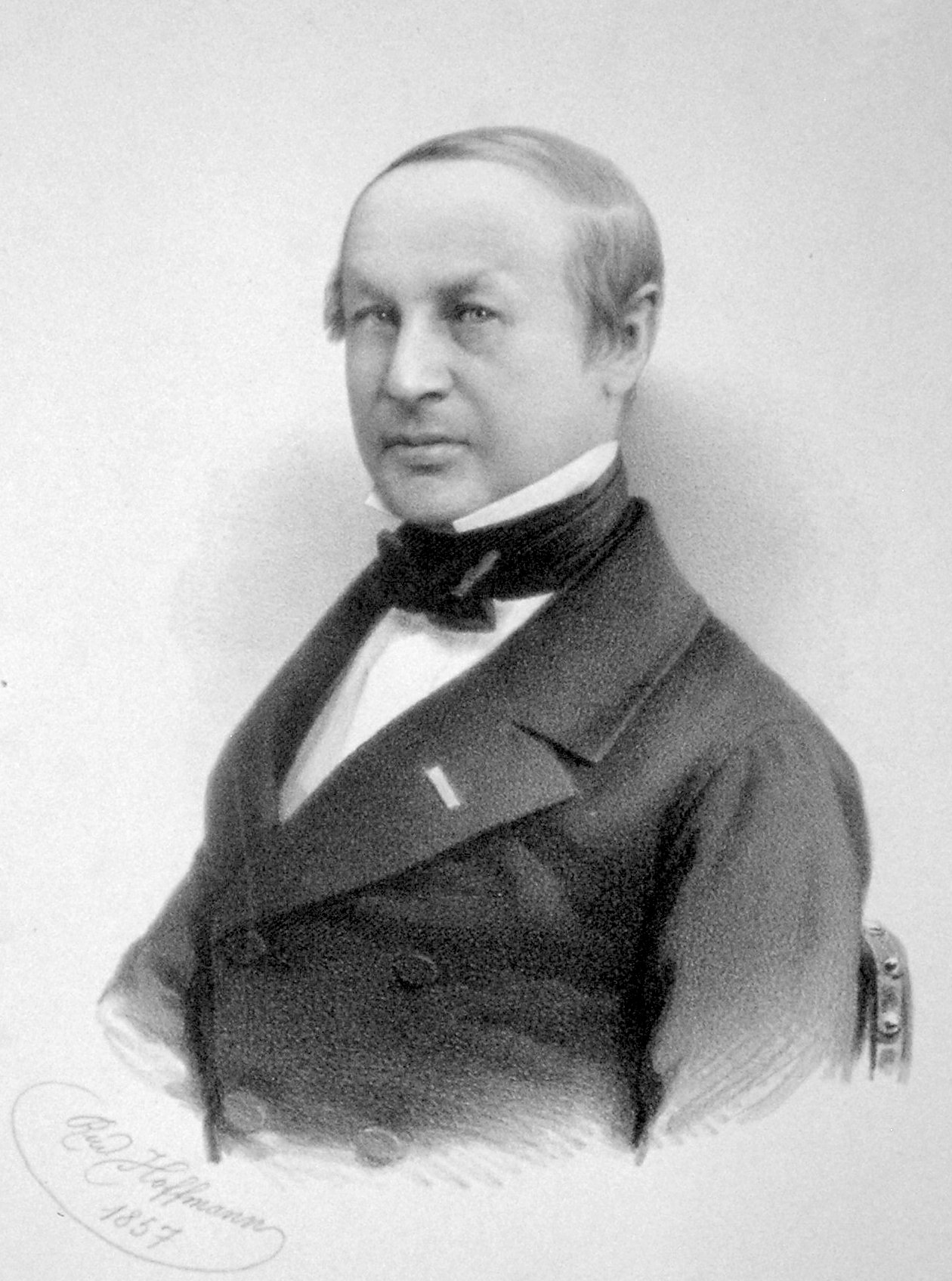
Theodor Schwann (1810-1882)
Theodor Schwann: The Co-Founder of Cell Theory and Pioneer of Modern Biology Theodor Schwann (1810-1882) was a German physiologist whose work laid the foundations of modern biology. Renowned as the co-founder of cell theory, Schwann’s contributions have profoundly shaped our understanding of cellular structure and function. Born on December 7, 1810, in Neuss, Germany, Schwann’s…
-
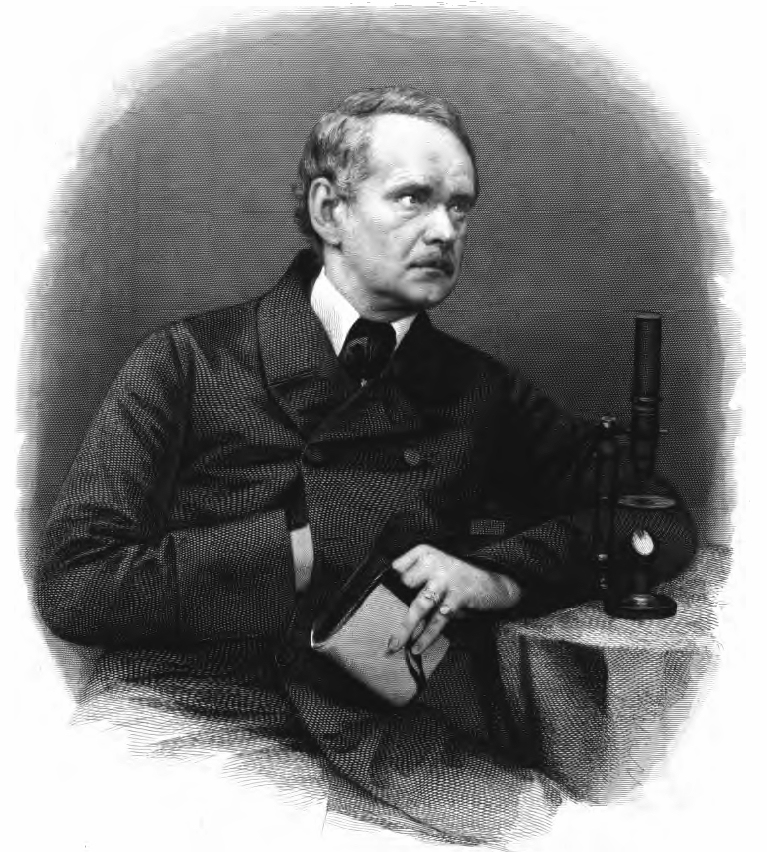
Matthias Jakob Schleiden (1804-1881)
Matthias Schleiden: Co-Founder of Cell Theory and Pioneer of Plant Cytology Matthias Jakob Schleiden (1804-1881) was a pivotal figure in the development of cell theory and a founding father of plant cytology. Born on April 5, 1804, in Hamburg, Germany, Schleiden initially pursued a career in law, reflecting his family’s expectations. However, his passion for…